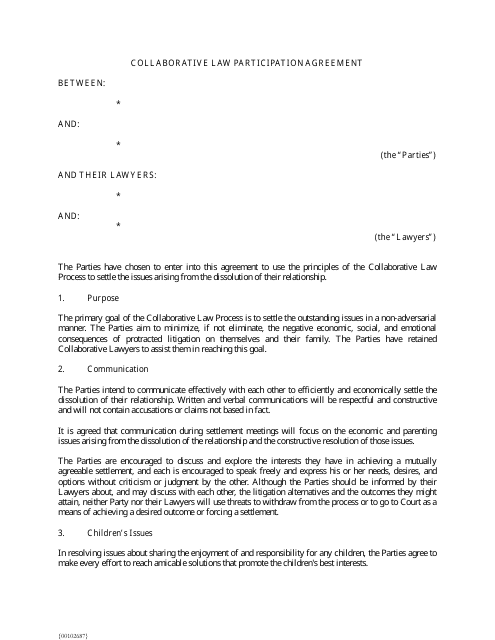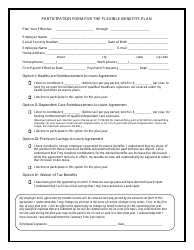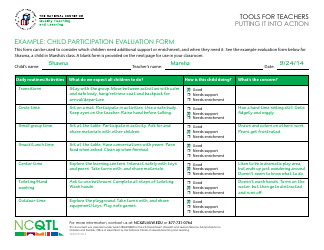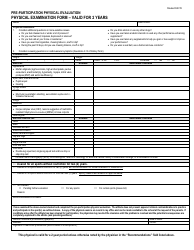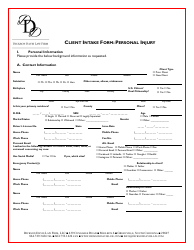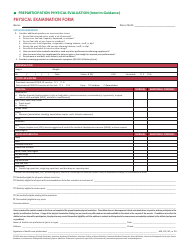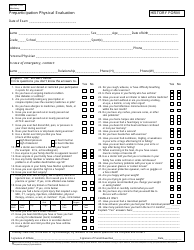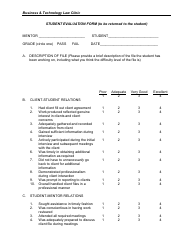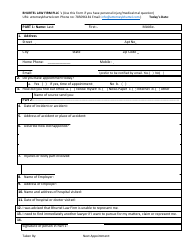Collaborative Law Participation Agreement Template
A Collaborative Law Participation Agreement Template is used to outline the terms and conditions for individuals who choose to engage in a collaborative law process to settle their legal disputes. It is a document that helps establish the framework for respectful and cooperative negotiations, providing a structure for the parties involved to work together towards a mutually satisfactory resolution.
The Collaborative Law Participation Agreement template is typically filed by the clients who are participating in the collaborative law process.
FAQ
Q: What is a Collaborative Law Participation Agreement?
A: A Collaborative Law Participation Agreement is a document that outlines the terms and conditions for participating in the collaborative law process.
Q: What is collaborative law?
A: Collaborative law is a legal process in which the parties involved work together to settle their disputes without going to court.
Q: Why would someone use a collaborative law participation agreement?
A: A collaborative law participation agreement is used to ensure that all parties involved in the collaborative law process are committed to working towards a resolution without litigation.
Q: What are the key elements of a collaborative law participation agreement?
A: Some key elements of a collaborative law participation agreement include: commitment to the collaborative process, sharing of information, and a promise to avoid litigation.
Q: Is a collaborative law participation agreement legally binding?
A: Yes, a collaborative law participation agreement is a legally binding contract, and the parties involved are expected to adhere to its terms.
Q: Who can benefit from using a collaborative law participation agreement?
A: Any party involved in a legal dispute who wants to resolve their issues outside of court can benefit from using a collaborative law participation agreement.
Q: Can a collaborative law participation agreement be customized?
A: Yes, a collaborative law participation agreement can be customized to fit the specific needs and preferences of the parties involved.
Q: Are there any risks associated with using collaborative law?
A: While collaborative law can be a more cost-effective and amicable way to resolve legal disputes, there is a risk that the process may not result in a satisfactory resolution for all parties.
Q: Can a collaborative law participation agreement be terminated?
A: Yes, a collaborative law participation agreement can be terminated if one or more parties decide to end the collaborative process and pursue litigation instead.
Q: Is collaborative law recognized in all states?
A: Collaborative law is recognized in many states in the US, but it is not yet universally recognized. It is important to consult with a local attorney to understand the specific laws and regulations in your jurisdiction.
